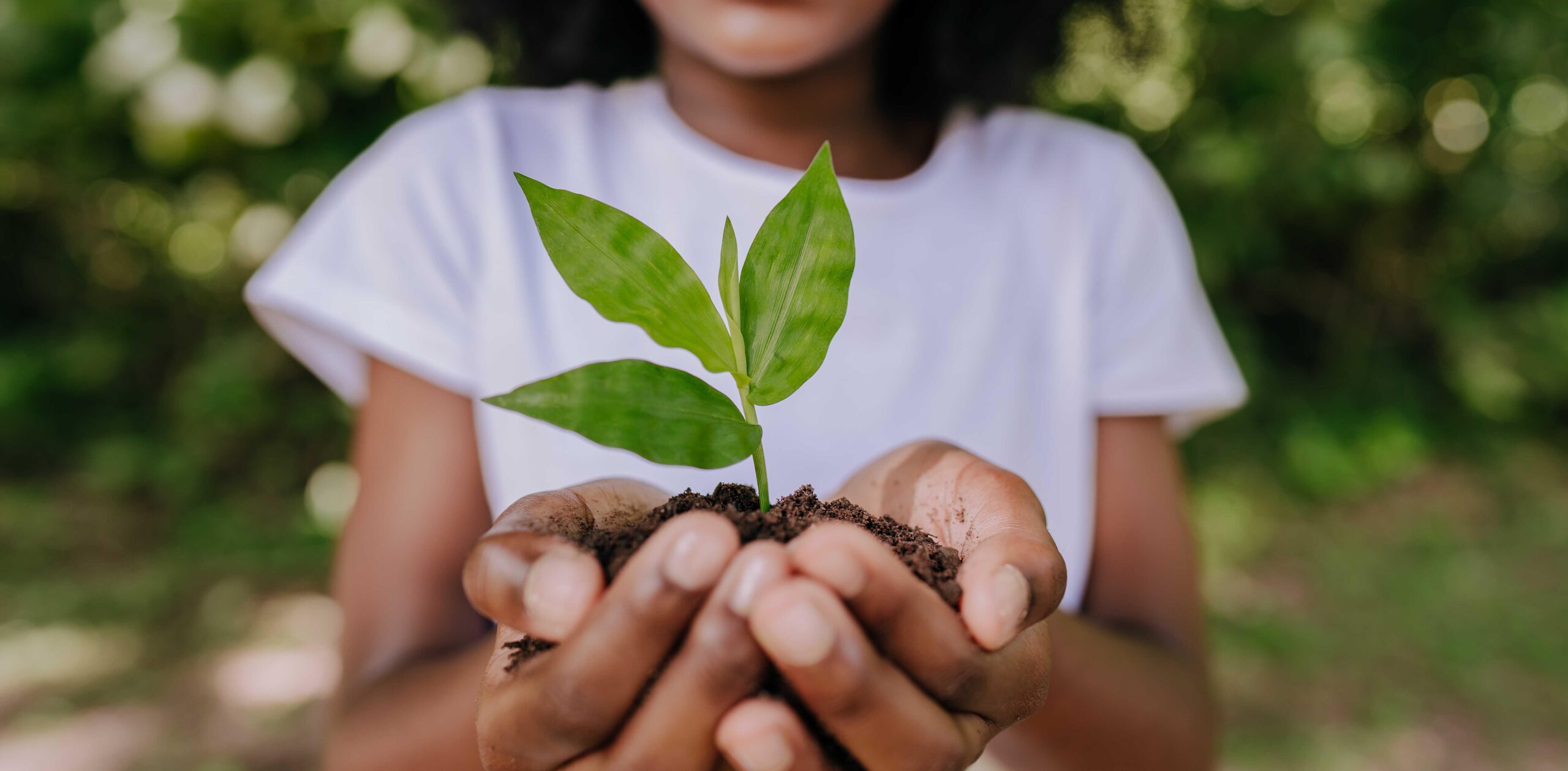
At least 12 Gates Cambridge Scholars are taking part in this year's Cambridge Festival, the University's biggest public engagement project.
Gates Cambridge Scholars will be speaking at the Cambridge Festival next month on a range of topics, from climate change social entrepreneurs to local currencies and AI.
The Cambridge Festival runs from 13th to 28th March and is teeming with hundreds of events, most of them free, which celebrate the rich research being done at the University of Cambridge and beyond.
Gates Cambridge speakers include:
Madeleine Ary Hahne [2020] who will be in conversation with Professor Mike Hulme in What climate change can do for you. They will explore other ways of framing the challenges and opportunities of climate change, asking whether we should be using climate change to animate new grassroots, bottom-up actions, rather than only seeking ‘breakthrough solutions’ to emerge from the next cycle of international negotiations. Professor Hulme’s recently published book, Climate Change Isn’t Everything: Liberating Climate Politics from Alarmism, explores what he calls climatism while Madeleine’s new climate action platform, Rootd Earth, matches people to opportunities to increase their green impact. [20th March, 8-9pm, Cambridge Union] This event is also being livestreamed.
Melisa Basol [2018] and Ella McPherson [2004] who will be speaking on a panel discussion of the impact of AI on democracy. Melisa is currently leading the misinformation work at Moonshot, a social impact business that works to end online harms, applying evidence, ethics and human rights, and Ella is Associate Professor of the Sociology of New Media and Digital Technology and Co-Director of the Centre of Governance and Human Rights at the University of Cambridge. Other speakers on the How will AI affect the democratic process? panel, which will be chaired by Professor John Naughton, include best-selling technology historian Dr Jonnie Penn and journalist Chris Stokel-Walker, author of How AI Ate the World. [March 20th, 6-7.30pm, Cambridge Union]. This event is also being livestreamed.
Ariel de Fauconberg [2020] who will be on a panel on the role of the arts in combatting climate change. She will discuss her forthcoming book, winner of the FT’s Bracken Prize, on climate change social entrepreneurs. Other speakers on the panel, Creating a liveable future: positive action to avert climate catastrophe, which will be chaired by Cambridge Zero Fellow Emily Farnworth, Director of the Centre for Climate Engagement at Hughes Hall, will include playwright Steve Waters and authors Guinivere Glasfurd and Farah Ali. [28th March, 8-9pm, St John’s Divinity School]
Alex Mentzel [2022] who will be co-leading Faust Shop: Discover your artificial double, a performance as research project, which will investigate the Faustian bargains we make with technology in a mixed reality pop-up experience. The event will be accompanied by a talk on anti-computing and digital futures by Professor Caroline Bassett. [16th March, 3-5pm Cambridge Central Library]
Tristan Dot [2022] who will be showing two art installations, Am I Normal? and Dreamy Cops which investigate notions of AI, including computer vision, surveillance, the human body and normativity. Am I Normal? is an interactive installation reflecting on body control in public spaces through computer vision technologies. Dreamy Cops reflects on the similarities between synthesis and analysis in AI, and on the impact of university research in the development of surveillance technologies. [15th March, 11-5.45pm, Faculty of English]
Lila Guadencio [2021] and Kerry McInerney [2017] will be talking about their research in the film Cambridge Imagines which highlights the work of early career researchers. Dr Kerry McInerney is a Research Associate at the Leverhulme Centre for the Future of Intelligence, where she researches AI from the perspective of gender studies, critical race theory and Asian diaspora studies. Lila Gaudencio’s research looks at community banks and complementary currencies in Brazil. [19th March, 6-7pm]
Emilie Hertig [2021] is giving a talk as part of the event Institute of Astronomy: Open afternoon. Emilie’s PhD explores the detection of signatures of primordial gravitational waves in the Cosmic Microwave Background and constrain models of the early universe. [16th March at 2:30pm in the Hoyle Lecture Theatre at the Institute of Astronomy, Madingley Road]
In Cross-cultural instruments: Chinese sundials in the Whipple Museum and other British collections, Zhiyu Chen [2023] will highlight three important and exceptional parts of 18th century Chinese sundials’ history: their structure and function as both pragmatic and decorative objects; the story of the artisans and merchants responsible for their manufacture and distribution; and the social and political conditions that gave rise to their hybrid appearance and cross-cultural movement. [21st March, 1-2pm, Whipple Museum]
Other scholars who are speaking include Myesha Jemison who will give a talk about cyber security and electoral credibility in Nigeria on 19th March. She is also taking part in the Creative Encounters exhibition in the West Hub. Valena Reich is doing a workshop on deep fakes and AI-generated media on 16th March and is leading some schools workshops at the Festival.
Booking is recommended for all the talks. To book places at the above events, go to www.festival.cam.ac.uk.












